2 Comments
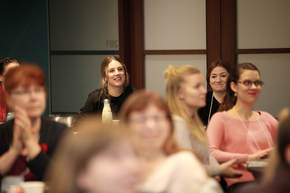 Thank you to Conference Coordinator Hailey McLeod and the HDC Conference Committee for their excellent work on HDC's Annual Conference 2017, from November 10-12 in Calgary, AB. Canadian and international attendees and presenters enjoyed an educational weekend of eclectic performances, thought-provoking presentations, lively panel discussions, engaging workshops and plenty of networking opportunities. Congratulations to Siobhan Mitchell, recipient of the 2017 HDC Research Award. "I have a greater understanding of the issues involved in maintaining dancer wellness, particularly in young dancers. I enjoyed seeing young dancers, experienced dancers, teachers, and healthcare professionals come together to network and discuss how to make dance better for everyone. I particularly enjoyed the panel sessions, where people from a range of backgrounds (academic, studio-based, healthcare-based, performance-based) shared insights on the same question or challenge posed. I also thoroughly enjoyed attending an open rehearsal of Decidedly Jazz Dancework’s upcoming show, and appreciate how dance from the host city of the conference was represented. I was particularly impacted by Erika Mayall's session about dance’s role in social media, and how what we endorse or post on social media impacts dancers’ aspirations for their bodies and careers. I am inspired to create positive content for social media in different ways moving forward. I also enjoyed the session on the healing power of hoop dancing, and would love to see dance from more cultures represented at these conferences in the future. I am grateful to the Healthy Dancer Canada Financial Assistance Program for providing me with funding to attend this conference." (Mariel, Masters Student) Call for abstracts International Conference on Performing Arts Medicine (ICPAM2018)
|
| Presenters are invited to submit proposals for Healthy Dancer Canada’s Annual Conference 2017, Science to Studio to Stage, to be held November 10-12th in Calgary, Alberta. Click here to view the Call for Proposals. Les présentateurs sont invités à soumettre des propositions de communications, en vue de la Conférence Annuelle 2017 de Healthy Dancer Canada, intitutée Science to Studio to Stage (De la science au studio et à la scène), qui aura lieu du 10 au 12 novembre à Calgary, Alberta. Questions and proposals should be submitted to Conference Coordinator, Hailey McLeod, at [email protected] |
- Getting involved in HDC
- HDC Member's News
- HDC conference 2015 - coming up in October
- HDC Membership distribution
- Article - Hyperlaxity, a short literature review
AUTHORS
HDC connects dancers, dance educators, health care professionals and researchers across the world via our News blog and Members' Newsletter. Share our news and newsletters in your studio, school or clinic!
To contribute to the News blog or Newsletter, email the Newsletter Committee: [email protected].
Categories
All
About HDC
BIPOC Emerging Artist Scholarship
Conferences
Courses & Workshops
Dance Education
Dance Research
Dancer Health & Wellness
Dance Science
Outreach
Performances
Stress Management
Archives
July 2024
March 2024
February 2024
January 2024
December 2023
October 2023
June 2023
May 2023
April 2023
March 2023
February 2023
January 2023
November 2022
August 2022
July 2022
June 2022
May 2022
December 2021
November 2021
September 2021
August 2021
July 2021
May 2021
April 2021
February 2021
December 2020
November 2020
October 2020
September 2020
June 2020
May 2020
February 2020
December 2019
November 2019
October 2019
August 2019
July 2019
June 2019
April 2019
March 2019
February 2019
January 2019
December 2018
November 2018
October 2018
September 2018
August 2018
July 2018
June 2018
May 2018
April 2018
March 2018
February 2018
January 2018
December 2017
November 2017
October 2017
September 2017
August 2017
July 2017
June 2017
May 2017
April 2017
March 2017
February 2017
January 2017
December 2016
November 2016
October 2016
September 2016
August 2016
June 2016
April 2016
March 2016
February 2016
November 2015
September 2015
June 2015
February 2015

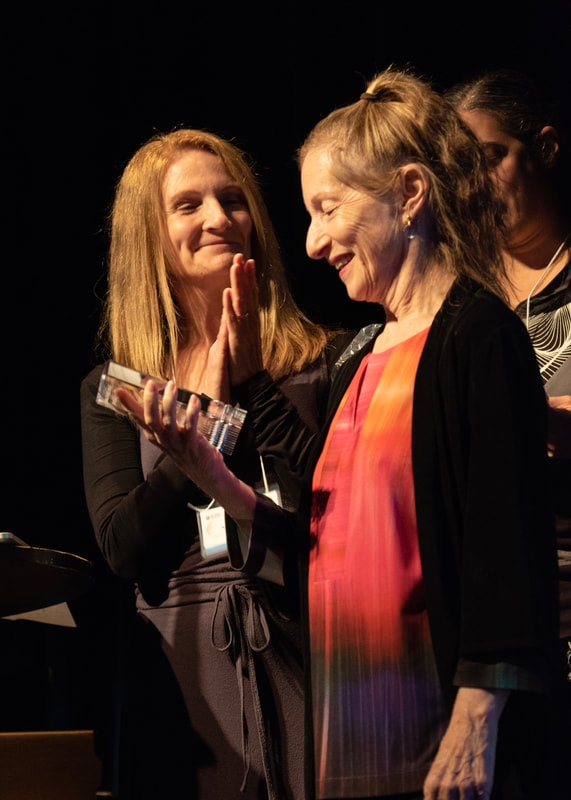
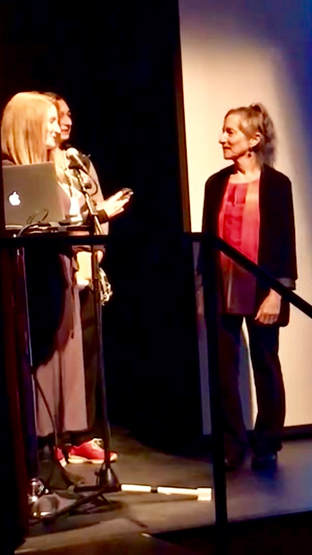
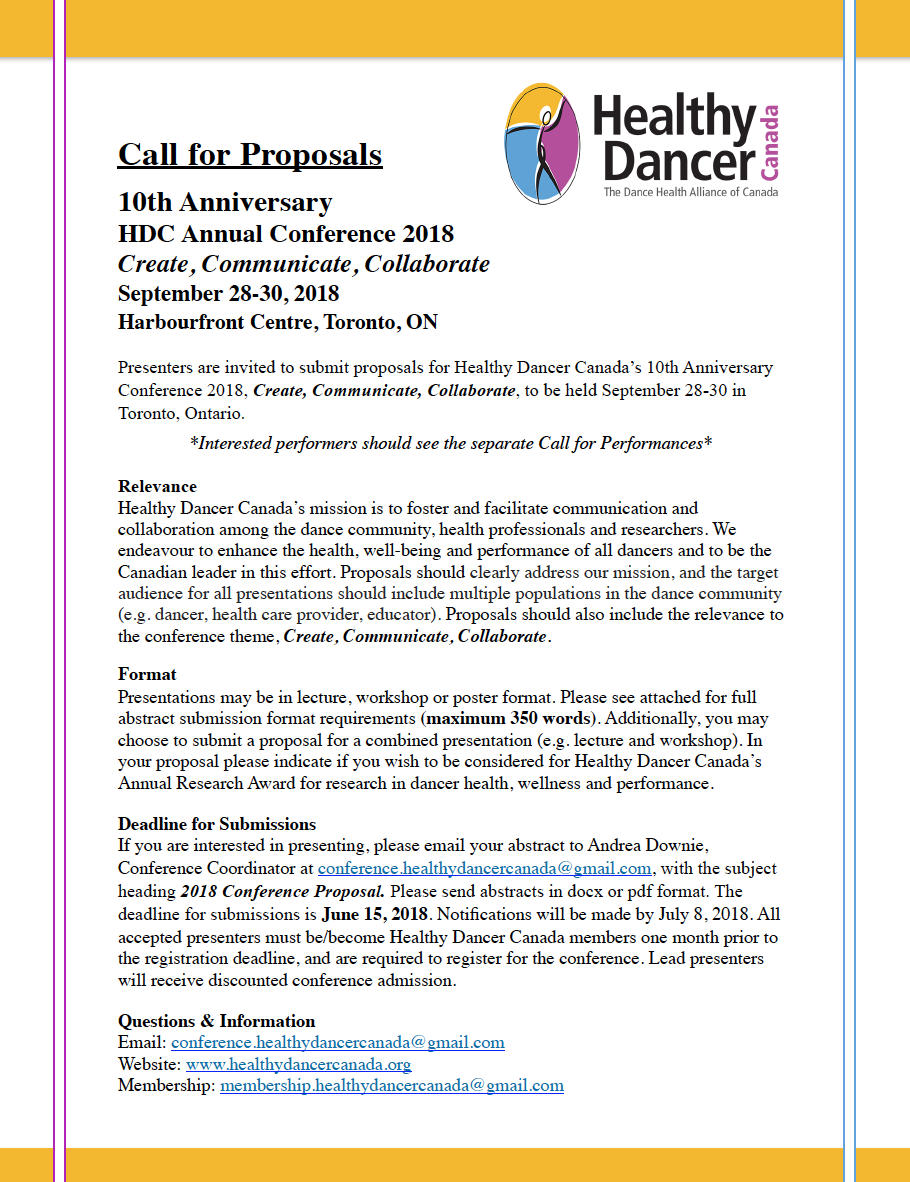
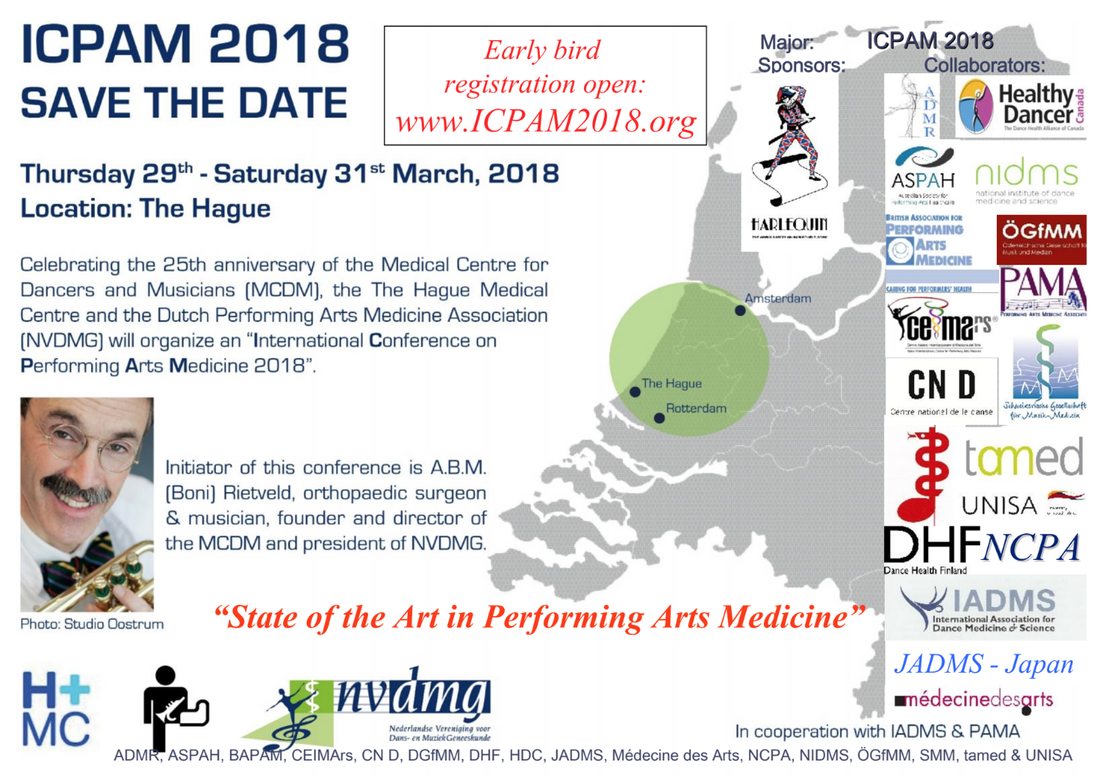
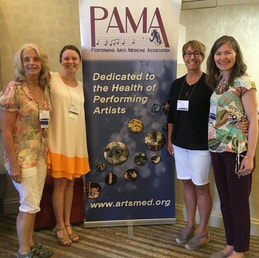
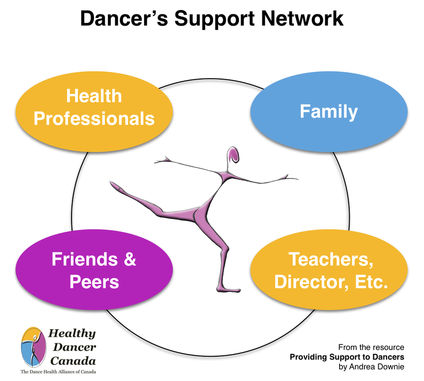

 RSS Feed
RSS Feed